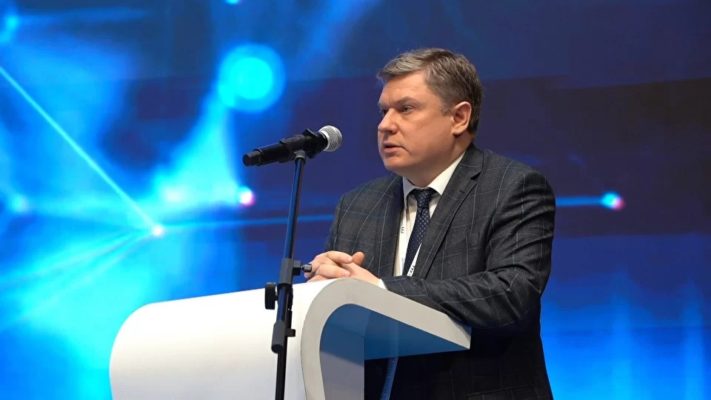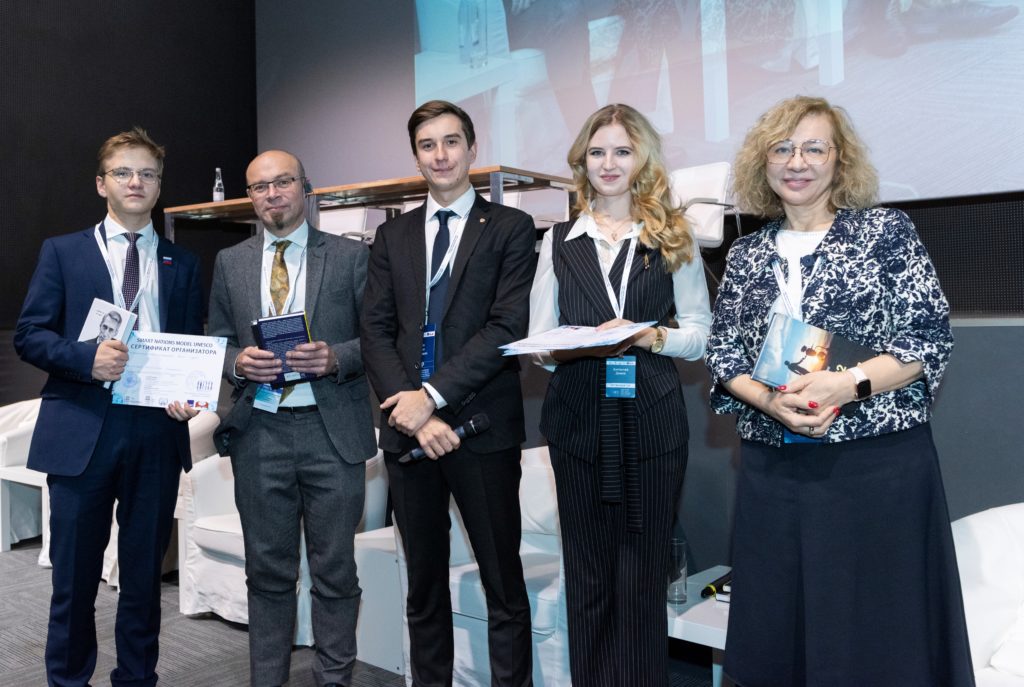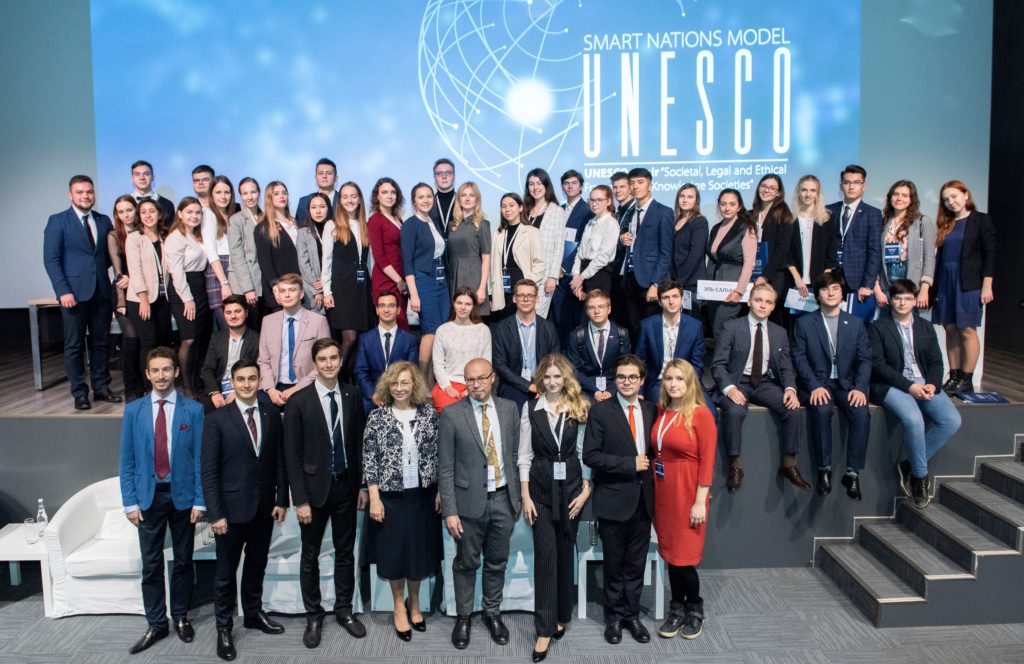
From the Economy of Digital Equality to Innovative AI Solutions
We’re living in a new reality, one where the success of a nation’s development is determined not by its geographic location or its access natural resources but by the quality of its intellectual potential. Human capital is now what sets the key trends in the development of national economies around the world. At the same time, the ability to perform routine tasks is being replaced by traits such as creative thinking, the ability not only to utilise the knowledge you have already acquired but to gain new knowledge when needed and also a desire to always keep learning and continue your education.
Smart Nations: Economy of Digital Equality
Today, the State University of Management is developing educational courses designed to be accessible to everyone regardless of age or geographic location and which are aimed at training participants to use AI technologies. The courses are based on big data analysis, the development of which is a main goal of the national Digital Economy project.
The implementation of the national project requires not only new technological solutions but also the training of personnel and the creation of a technological culture in society, including through educational programmes and courses that are available to all interested parties.
Specialists of the UNESCO Chair ‘Societal, Legal and Ethical Frameworking of Knowledge Societies’ of SUM have developed an open educational platform, Digital Volunteers, which will deliver accessible courses and modules on cross-cutting technologies within the national Digital Economy project.
The content of the platform will be partially created by university teachers. The courses will feature video and text materials on the latest financial technologies (blockchain), big data analytics, machine learning and AI development. Competencies in these areas are in demand for specialists in various fields that will be affected by digitalisation. The content will be useful for civil servants, entrepreneurs, economists, engineers, IT specialists, managers of all levels, urban specialists and a wide range of people interested in the global changes taking place today in all spheres of people’s lives,
as State University of Management Rector Ivan Lobanov told RBC.
The Digital Volunteers project includes not only international online courses and webinars but also information on existing programmes, internships and grants. Digital volunteers submit their proposals for sources or specific materials that they believe can be published on the platform, allowing for a diverse range of contributions from around the world. This way, the platform provides users with the opportunity to choose relevant training programmes based on personal preferences and interests, irrespective of age or location.
During the first stage, the platform’s developers plan to test it with the help of SUM students. In the future, it will be available to users from any country, with content published in Russian and English.
The Digital Volunteers platform was presented at the 3rd International Scientific Forum ‘Stepping into the Future: Artificial Intelligence and Digital Economy’ which was held in Moscow on 9–10 December under the authority of UNESCO and with support from the Ministry of Science and Higher Education of the Russian Federation. The event was part of the SUM centenary celebration programme.
SMART NATIONS MODEL UNESCO: Innovative Solutions from Russian Students for the AI Agenda
The legal and ethical frameworking of knowledge societies are a central focus for the State University of Management. The UNESCO Chair deals with these issues extensively. A completely new format for sharing knowledge and updating the UNESCO agenda in the field of AI has been created at the 3rd International Scientific Forum—the so-called UNESCO MODEL.
The first UNESCO Model has brought together students from a number of Russian universities. In the age of information and technology, the exchange of opinions between young people is a driving force capable of shaping the future.
AI was a key topic of youth discussion. The students worked out approaches to creating an AI development strategy for developing countries, covering issues such as education, security, social benefits and economic cooperation. They proposed the creation of retraining programmes to teach participants to use and develop AI technologies.
Student proposals that can later be applied in real life will be presented during Mobile Learning Week 2020. The UNESCO conference on the use of information and communication technologies in education will be held at UNESCO headquarters in Paris on 2–6 March.
Source: RBC
Подпишись на тг-канал "Наш ГУУ" Дата публикации: 22.01.2020
Дата публикации: 22.01.2020


